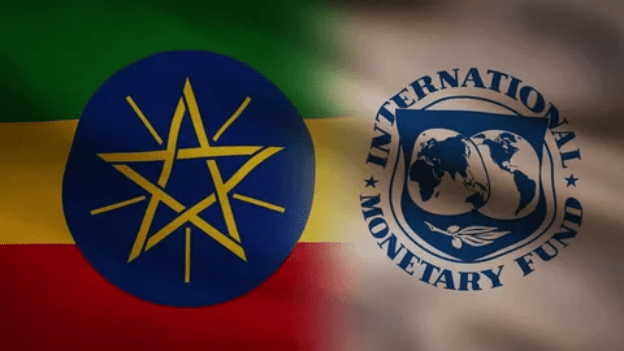
Ethiopia’s Central Bank Allows Birr to Drop 30% Against Dollar to Secure IMF Support and Advance Debt Restructuring
Fiona Nanna, ForeMedia News
7 minutes read. Updated 8:20PM GMT Mon, 29July, 2024
Ethiopia’s national currency, the birr, experienced a dramatic 30 percent drop against the US dollar on Monday, following the Ethiopian Central Bank’s decision to float the currency. This significant depreciation is a strategic maneuver aimed at securing vital support from the International Monetary Fund (IMF) and advancing the country’s debt restructuring efforts.
Background on Ethiopia’s Economic Struggles
Ethiopia has been grappling with severe economic challenges, including runaway inflation and a critical shortage of foreign currency. The nation’s economic difficulties were further exacerbated by a default on government debt last year. These issues have significantly impacted the country’s financial stability and overall economic health.
The decision to float the birr comes as Ethiopia resumes negotiations with the IMF, a process that had been stalled due to the ongoing conflict in Tigray. The peace deal reached in 2022 has paved the way for renewed discussions and financial support from international bodies.
Impact of the Currency Float
By allowing the birr to float, the central bank has essentially permitted banks to trade foreign currencies with minimal intervention. This move is expected to help stabilize the foreign exchange market and reduce the country’s dependence on the black market for US dollars. Importers, in particular, have welcomed the reform, as it simplifies access to foreign currency and eliminates the need for black market transactions.
International and Domestic Reactions
Prime Minister Abiy Ahmed has publicly endorsed the currency float as part of broader economic reforms. The Ethiopian government anticipates securing $10.7 billion in external financing from the IMF, World Bank, and other international creditors. This funding is crucial for stabilizing the economy and supporting ongoing development projects.
The U.S. has voiced support for Ethiopia’s shift to a market-determined exchange rate, describing it as a necessary step to address the country’s economic issues. This endorsement reflects a broader international consensus on the need for comprehensive economic reforms in Ethiopia.
Debt Restructuring Efforts
Ethiopia’s request for debt restructuring, made in 2021, faced delays due to the Tigray conflict. However, with the recent peace deal and the new economic reforms, progress on debt restructuring is expected to accelerate. The IMF’s support will be instrumental in facilitating this process and ensuring that Ethiopia can navigate its economic challenges effectively.
Conclusion
Ethiopia’s decision to float the birr represents a critical juncture in its economic recovery strategy. By aligning with international financial standards and securing support from global institutions, the country aims to stabilize its economy and lay the groundwork for sustainable growth.
Backlinks:

